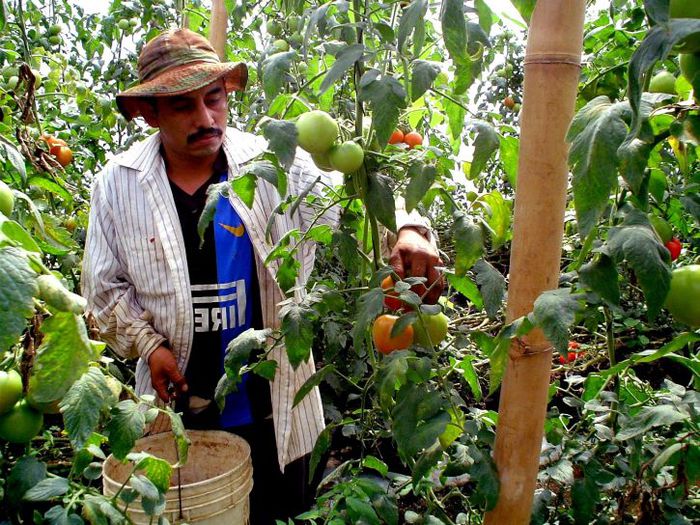Croatia, the youngest member of the European Union, is already, from this beginning of 2023, one of the most integrated into the European project.
With the arrival of January 1, the state that later joined the bloc (in July 2013) has entered the euro zone and, at the same time, the Schengen area, at whose door two other applicants have been left waiting more veterans, Bulgaria and Romania.
Together with Zagreb, Brussels has celebrated a milestone that, according to the main European officials, is not only a "historic" moment for the Balkan country -when several of its neighbors have not even passed candidate status yet-, but also a sample of the strength of the Twenty-seven as their unity is tested time and time again.
"The euro is a symbol of unity beyond borders and languages," said the President of the European Commission, Ursula von der Leyen, who traveled to the Croatian border on Sunday to commemorate a day of "celebration for all Croats and for all European citizens”.
Dear @AndrejPlenkovic, what a great success for the people of Croatia.
To join the euro and Schengen communities, just 10 years after you joined the EU.
I know how hard you worked for this day to come.
Hrvatska je voljena članica europske obitelji.
pic.twitter.com/nWU5lvebV6
— Ursula von der Leyen (@vonderleyen) January 1, 2023
"The euro is a symbol of European strength, unity and solidarity, at a time when we have a war at our doorstep," Valdis Dombrovskis, vice-president of the Commission for Economic Affairs, corroborated in a video.
This, he stressed, "is not important only for Croatia, it is also important for the entire EU" and for those countries that, like Ukraine, aspire one day to form part of the community bloc.
Confidence in the economy
With the entry into the euro zone, Croatia is hoping that its economy will take a leap.
The example of the last three countries to join the monetary area gives reason for optimism.
The three Baltic republics (Estonia, Latvia and Lithuania) have taken a great leap in their convergence with the EU.
In the last decade, the gross domestic product (GDP)
per capita
of these three countries has approached the Community average by about 20 points.
In that same time, the Balkan state has barely advanced half.
Although the great figures of the Croatian economy show that it is already prepared for the leap it has just taken: the public deficit ended 2022 somewhat below 3% of GDP;
your debt is at 70%;
unemployment is around 6%.
Although these data also contain one of the great challenges that this Balkan country, which achieved its independence in the 1990s of the last century: inequality.
In Zagreb, for example, where 34% of the country's economy is concentrated, GDP
per capita
is 18 percentage points higher than the community average.
On the other hand, in the eastern regions they are 64 points below.
Entry into the Schengen area is as tangible as the euro.
It may be that for the majority of the almost four million Croatian citizens it is less daily than paying in the common currency, but they will also notice it in the hours that will be saved at the border crossings with Slovenia and Hungary or in airports.
This was stated by the Commissioner for the Economy, Paolo Gentiloni, when he pointed out that Croats will now enjoy "two of the most tangible benefits of European integration".
The great step towards the total European integration of Croatia is seen with a mixture of hope and resignation by other neighboring countries that have not yet managed to enter these spaces or even in the EU itself.
Tirana hosted, at the beginning of December, the first EU-Balkans summit to be held in the region.
It was a gesture from Brussels towards the Balkan aspirants who have been waiting for years to join the bloc: together with the member countries, the region's official "candidates" to join the EU - Albania, Bosnia-Herzegovina, Montenegro - met in the Albanian capital. , North Macedonia and Serbia—as well as Kosovo, which has not yet started the accession process as it is not recognized by five EU countries, including Spain.
The Albanian meeting took place at a time when Brussels is trying to stop the advances of China and, above all, Russia in a geostrategic region for the European continent.
This area is also key to stopping the irregular migratory flows that the Twenty-seven try to contain.
Croatia is in the middle of the Western Balkans route, used not only by migrants, but also by arms and drug traffickers.
Between January and October 2022 alone, the country registered the entry of 30,000 migrants in an irregular situation, 150% more than in 2021. Despite this, the Twenty-seven also gave their approval to Zagreb's entry into Schengen in December, while that left Bulgaria and Romania at the door of waiting, vetoed by Austria and the Netherlands.
A circumstance that Brussels has regretted on several occasions since then and that the Commissioner for the Interior, Ylva Johansson, has now recalled that Croatia is part of the Schengen area.
"Each new Schengen member makes the EU stronger (...) I remain personally committed to Romania and Bulgaria becoming members in the near future,"
Follow all the international information on
and
, or in
our weekly newsletter
.






/cloudfront-eu-central-1.images.arcpublishing.com/prisa/W7LXNNLUAS4RTRH4YTRS7U3MAU.jpg)


